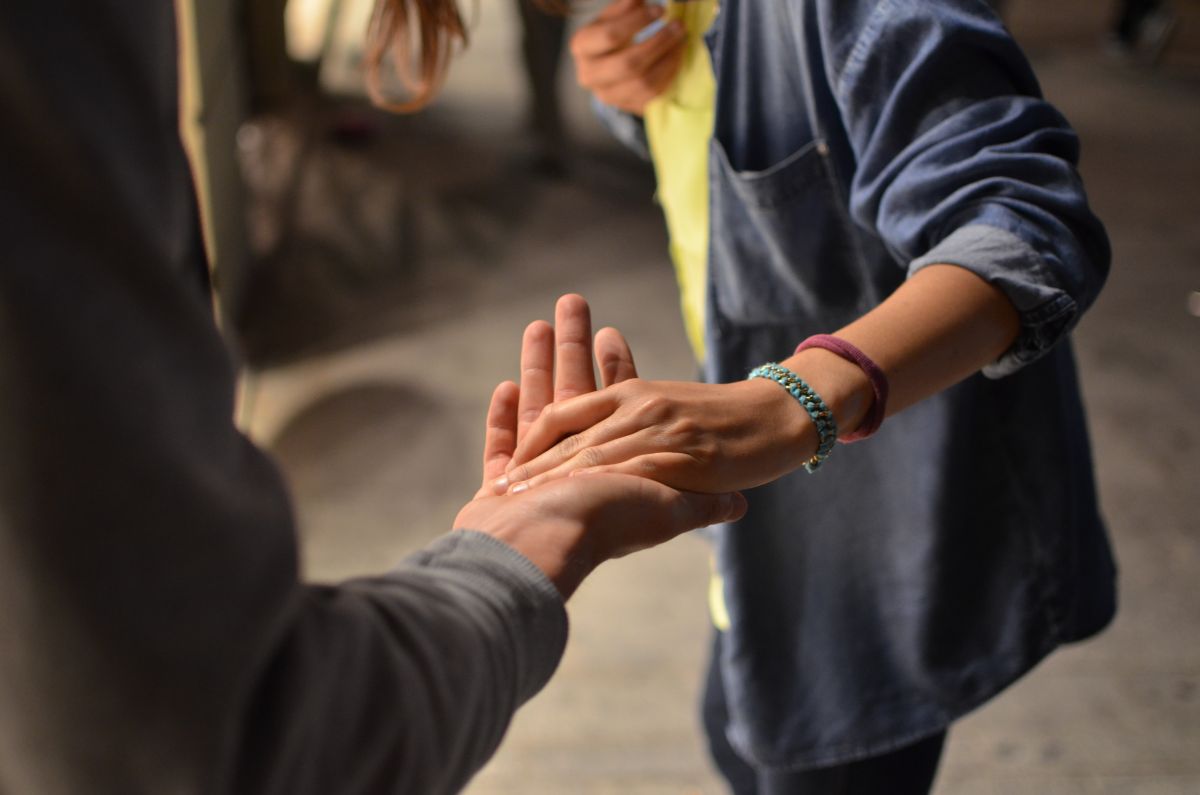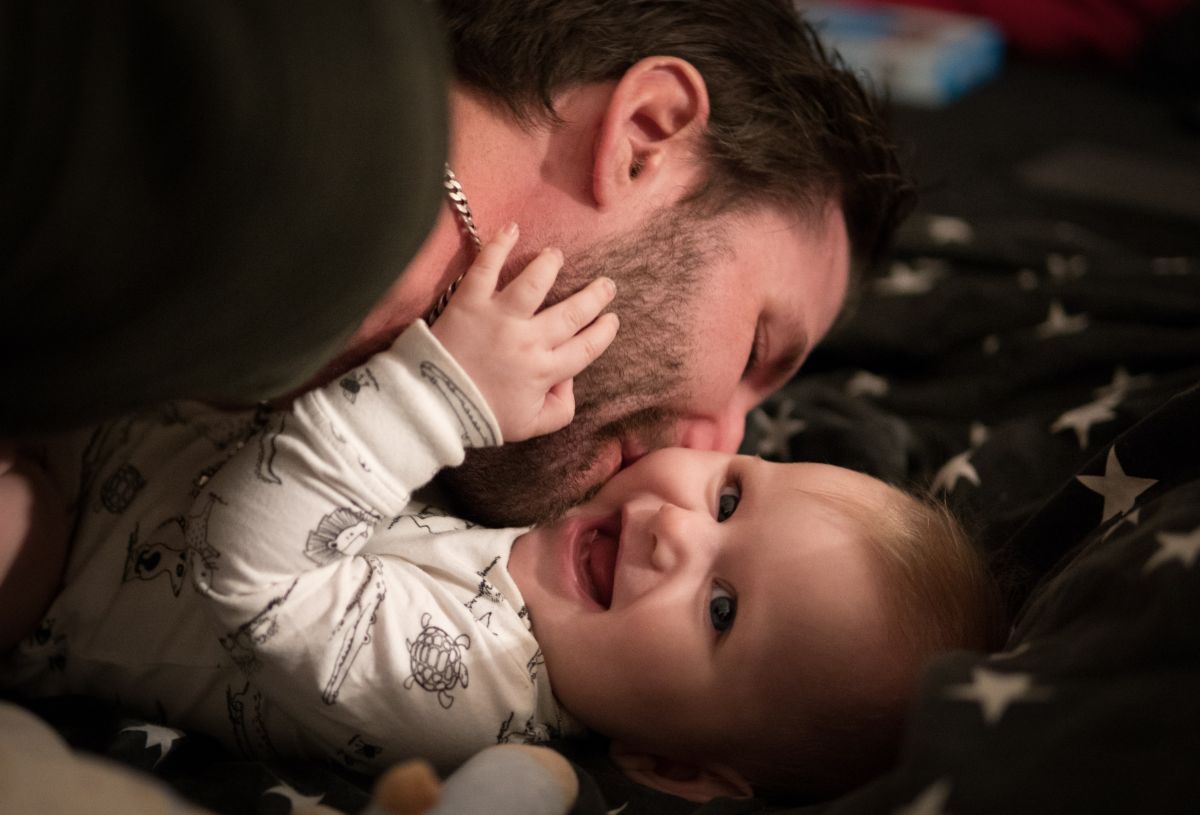"What do you miss the most?!?" I’m watching a live video on Instagram. It’s a Q&A with the director and lead actress of a film, that is now forced to premiere online. Little emoji hearts fill the screen, viewers’ questions appear at the bottom. The question "What do you miss the most during the lockdown?" keeps coming back. “Hugs” says the director, “I miss hugs for sure”. "I don't want this Instagram Live to end," the actress adds, "I feel so lonely and I really miss human contact." Fortunately, she has a dog, who we can hear in the back, gnawing on a bone. But what if you are all alone in your apartment during this time of home isolation and quarantine? Without a partner or a pet. What does that do to a human being?
Loneliness virus
In addition to the numerous reports on Coronavirus death and infection rates, media have been paying much attention to the social effects of being home alone. Journalist and philosopher Doortje Smithuijsen, for example, wrote an article in De Volkskrant about the the effects of her home isolation. She is certainly not the only one who is spending her days home alone. The number of singles has been growing steadily in recent years, as figures from the Dutch bureau for statistics show. More than a quarter of Dutch people between the ages of 25 and 45 are single, and in these weeks of self-isolation many of them really live alone. So it’s not a surprise that king Willem-Alexander referred to the 'loneliness virus' during his speech to the nation. In the daily radio show Met het Oog op Morgen the term skin hunger was mentioned, poetically describing the desire for physical contact with another person.

Skin hunger
Skin hunger is not unique to this prolonged period of isolation. In previous years, experts have voiced their concern about a particular development in Western societies, where hugs and strokes are being increasingly edged out of our lives - a so-called ‘crisis of touch’ (that seems to impact men in particular). Also, more and more people seem to open up about it. On social media platforms such as Twitter and Tumblr there are countless messages of people being touch-starved. In 2019, Dutch filmmaker Lieza Röben released the documentary Huidhonger (skin hunger in Dutch), in which people talk about their intense desire for and lack of touch. In an interview Röben said: “Touch a basic necessity of life. The term ‘skin hunger’ comes from maternity care because babies really suffer from this. They have a strong need for skin-to-skin contact.” Dr Anouk Keizer (Psychology, UU) contributed to the documentary and conducts scientific research on the relationship between touch and well-being. In the Science Café about intimacy, that took place just before the corona crisis, she explained what that relationship is.
Touch and oxytocin
Being held and cuddled as a baby is essential for our development. Children who don’t experience this kind of intimacy, for example because they grow up in orphanages or in abusive families, are likely to have disturbed development and attachment problems. Research by Tiffany Field of the Touch Research Institute (Miami, USA) shows that children whose parents showed little physical affection grew up to be more verbally aggressive adolescents than peers who were touched more lovingly in their youth. In later life, the absence of touch gives higher stress levels and an increased risk of developing depression and other mental illnesses. Various scientific studies have also shown that the brain releases oxytocin through loving touches such as cuddling. This so-called 'love hormone' is a powerful substance. It makes you more resistant to stress. This applies not only to a lover's touch, but also to an arm around your shoulder or hug from your best friend. I must say that after five weeks of home isolation with my partner and child, I also feel the need to literally embrace friends and colleagues again.

Unique quarantine situation
Until recently, Keizer’s research mainly focused on people with mental disorders, how they experience their body and how they process touch. But these unique times of quarantine offer new opportunities for research. Keizer explains: "I am especially curious about what social isolation does to society. Previous research into touch deprivation and social isolation shows that a lack of touch and social contact makes you especially vulnerable. For psychiatric patients it is an indicator for a worse prognosis, for example. However, it is also a bit of a chicken and egg problem: are the people in these studies vulnerable because they are touch deprived and isolated or vice versa? To my knowledge there have been no studies in which touch deprivation or social isolation has been manipulated. No studies in which half of the test subjects were allowed to live 'normally' and the other half had to sit at home for a few weeks, usually such a study is not feasible at all. So it is interesting to see what social isolation does to society in the broad sense and not only to people in who are already in a vulnerable position, because of their psychiatric disorder. I think our study can teach us a lot about how important touch is.”
Participate in the study
Of course, the research takes place online and everyone can participate from their own isolation! Do you want to contribute to science? Please fill in the survey.



